Placing human rights at the heart of the UN’s Sustainable Development Goals
At the University of Liverpool, the School of Law and Social Justice is leveraging the shared vision of the UN’s Sustainable Development Goals to promote real-world change
Sponsored by the University of Liverpool
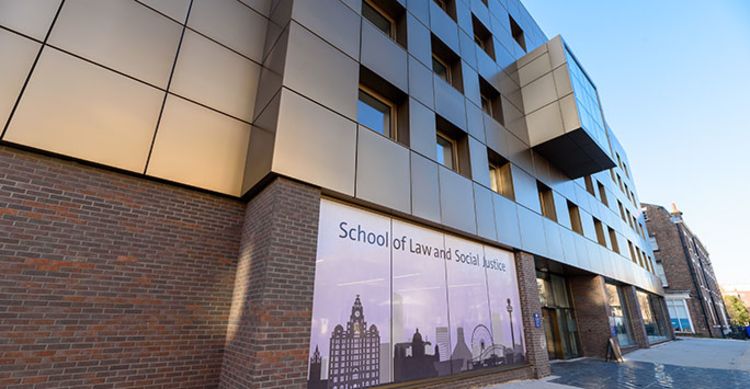
Human rights are at the core of the UN’s Sustainable Development Goals (SDGs), according to experts at the University of Liverpool’s School of Law and Social Justice.
The SDGs are a group of 17 interlinked objectives, contained in the UN’s 2030 Agenda for Sustainable Development, and are an “urgent call to action for all countries”, according to the UN. The goals include, among others, no poverty, reduced inequalities and climate action, and they provide a blueprint for a sustainable future for humanity.
In a recent episode of the THE Connect podcast, produced in partnership with the University of Liverpool, host Ashton Wenborn asked how the SDGs offered a shared set of principles for government bodies, non-governmental organisations (NGOs) and the higher education sector to work towards.
Image captions
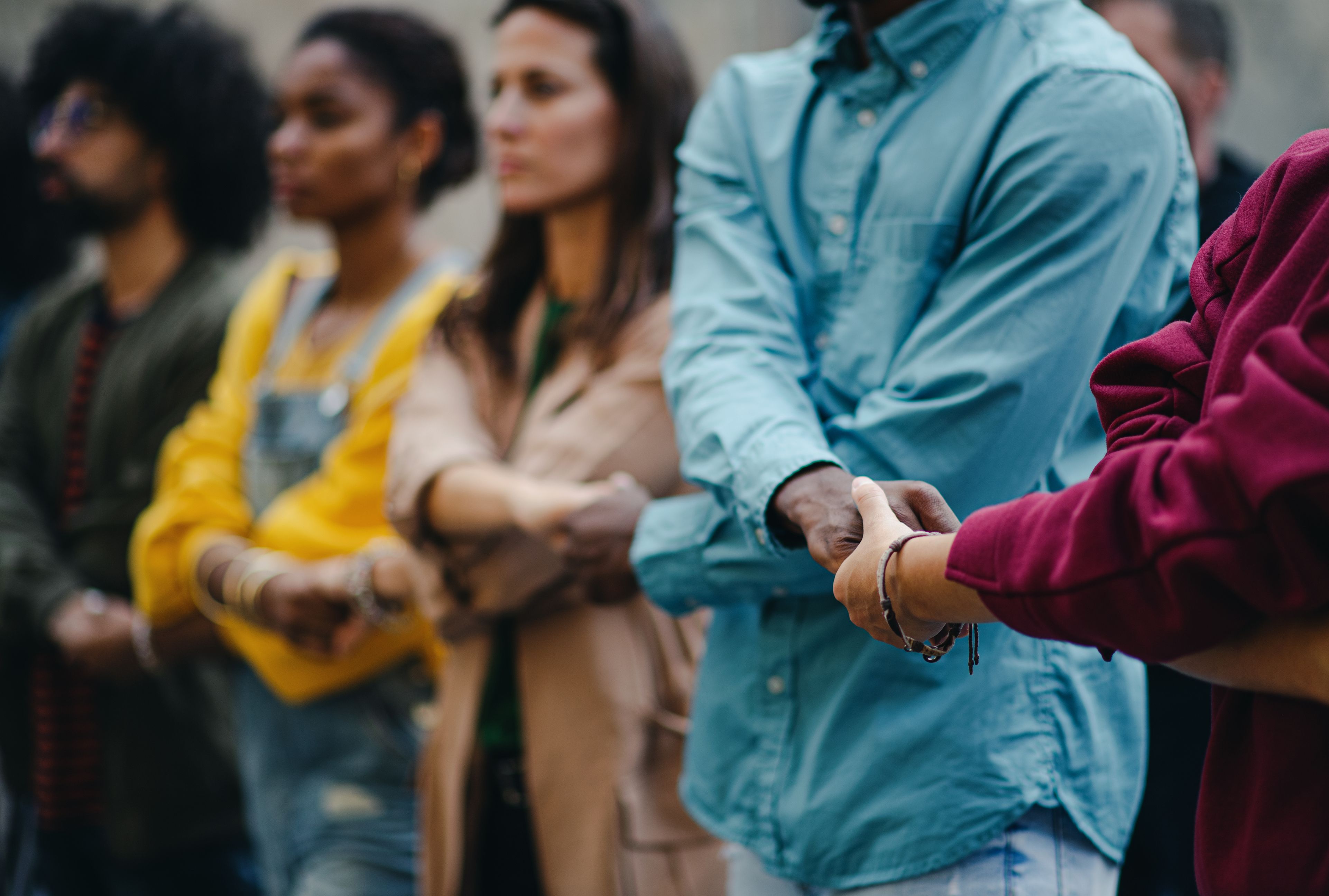
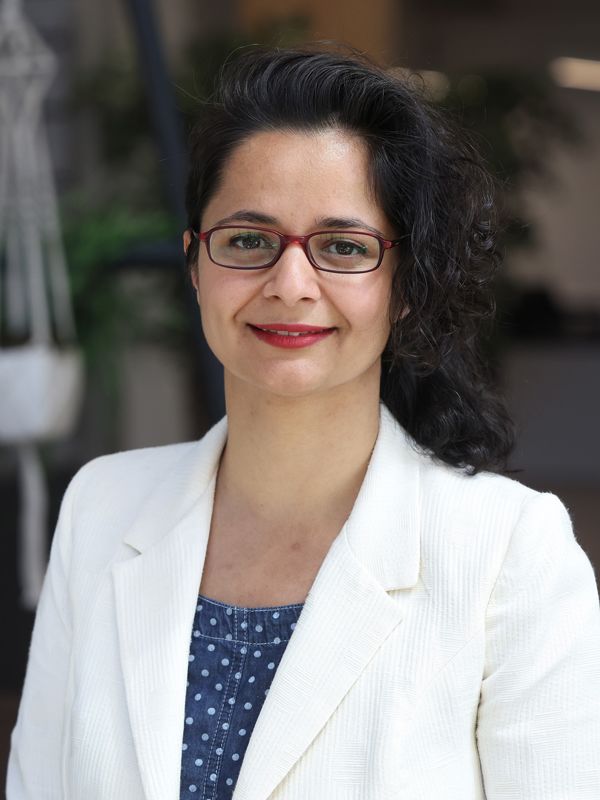
“Human rights research is part of our identity and at the centre of our mission”
“Human rights are essential to achieving all SDGs,” says Azadeh Chalabi, a senior lecturer at the School of Law and Social Justice. For example, the first goal – no poverty – hinges on implementing a range of human rights including the right to an adequate standard of living and the right to social security. “We can achieve these goals by realising human rights,” says Chalabi, whose research focuses on the gap between human rights theory and practice, and human rights action planning.
“It is particularly important because, while the UN’s 2030 Agenda is not a legally binding instrument, international human rights conventions are and can be legally claimed,” says Chalabi. “They can be used as an effective tool for achieving sustainable development.”
Viewing human rights and the SDGs together “has really highlighted the overlaps and intersections between the different areas that we need to work on if we’re going to achieve sustainable development”, says Amanda Cahill-Ripley, also a senior lecturer at the school.
Through their research, academics at the School of Law and Social Justice are working to develop human rights law and contribute to wider policies and practice on the ground, Cahill-Ripley says. “Having the SDG framework has created a shared vision. We have a universal agenda which everyone is aware of, whether it be governments, NGOs or academics. That has created an impetus for opportunities to collaborate,” says Cahill-Ripley, who specialises in economic, social and cultural rights in the context of peacebuilding and development.
Cahill-Ripley has been working with NGOs to highlight SDG 5 – gender equality – and how conflict makes women more vulnerable. She is also engaging with governments around SDG 6 – clean water and sanitation for all.
The shared SDG vision has “led to a healthy critique about existing policies, practice and research, [highlighting] what we can do better and how we can develop new insights”, Cahill-Ripley says. An important discussion is around the human rights concept of “maximum available resources”.
In the past, discussions about resources and economic and social rights focused on a minimum threshold, which states should not fall below, but the conversation is now starting to include the livelihoods of future generations and ensuring there are adequate resources for their development too. “We need to think about how we can fulfil the enjoyment of rights, such as the right to water, for those living now, but also ensure that we preserve enough water for those who are to come,” she says.
At the national level, in particular, national human rights action plans “can be an effective means for human rights-based sustainable development”, says Chalabi, whose second monograph, National Human Rights Action Planning, is the first volume dedicated to this area. “These plans, if designed properly, can cover almost all the SDGs, such as no poverty, climate action, no hunger, good health, gender equality, clean water and sanitation,” she says.
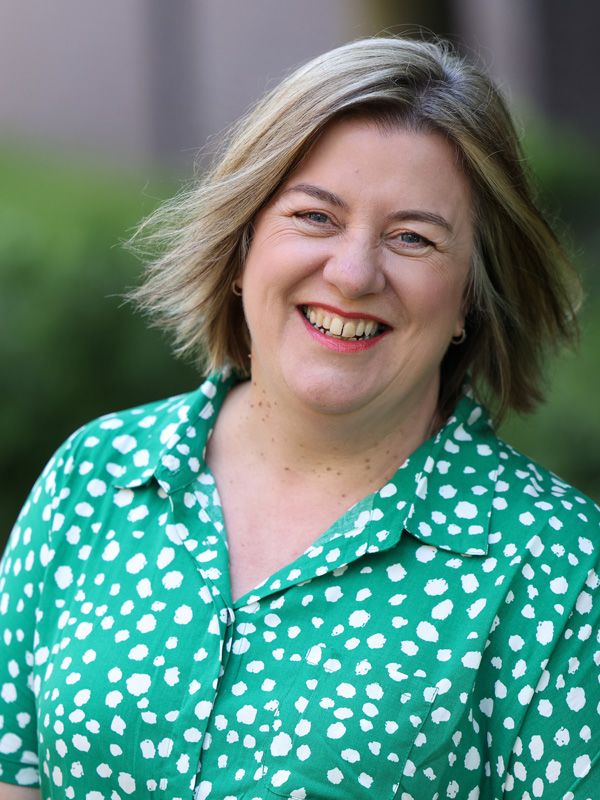
“Having the SDG framework has created a shared vision"
Liverpool Law School hosts 11 research clusters, which include the International Law and Human Rights Unit, the Charity Law and Policy Unit, the European Children’s Rights Unit, and the Feminist Legal Research and Action Network. These clusters are “all crucial in building external partnerships with a wide range of actors at the national, regional and international levels”, says Chalabi. “Human rights research is part of our identity and at the centre of our mission.”
To produce graduates who are not only future human rights lawyers but also future citizens, “we seek to get our students engaged with the world outside the university and help them to adapt and apply their knowledge in real-life situations”, Chalabi says.
The University of Liverpool offers a truly modern legal education, reflecting the needs and concerns of society today.
Image captions
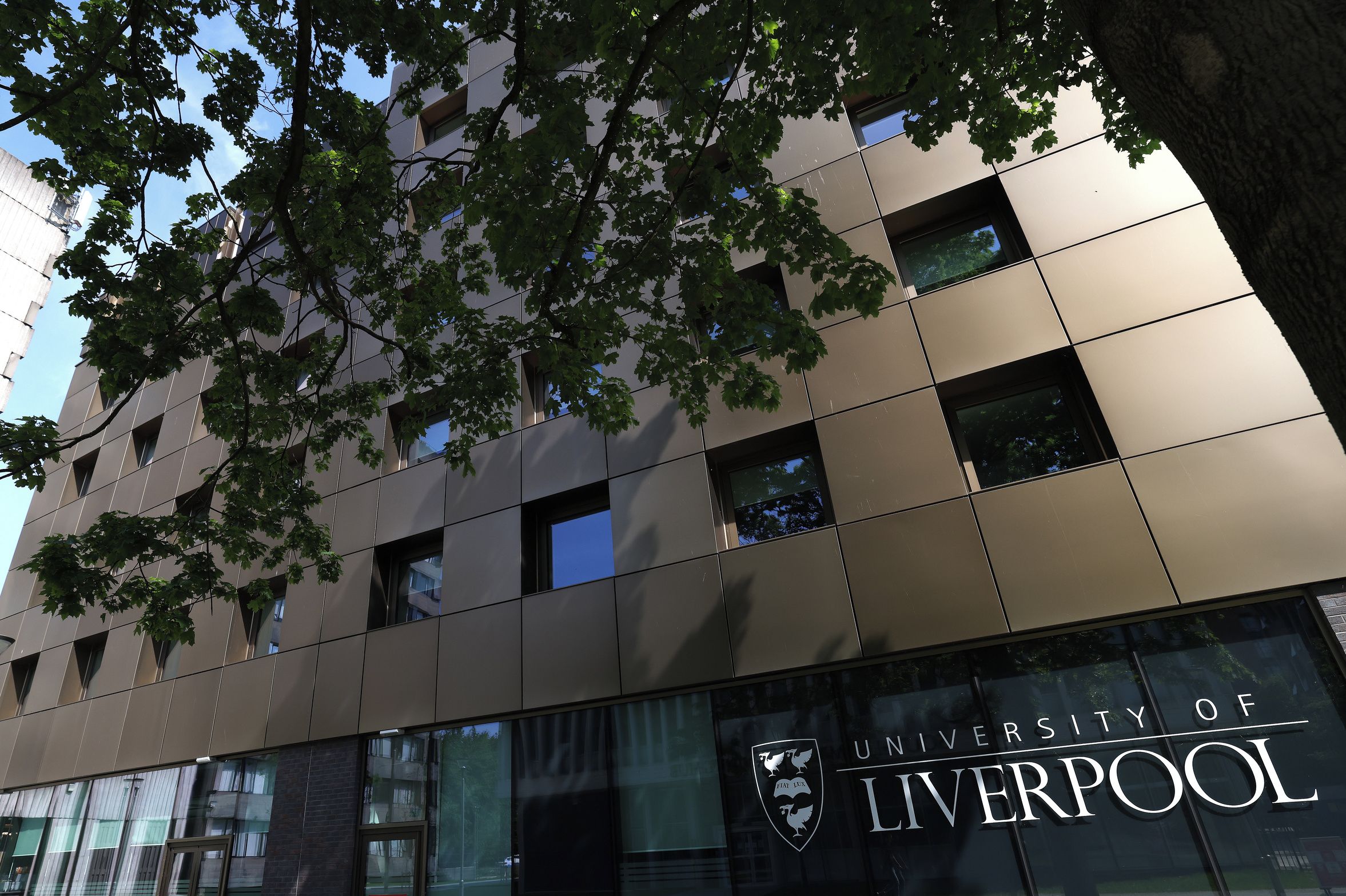
Listen to the podcast episode.
Find out more about the University of Liverpool.